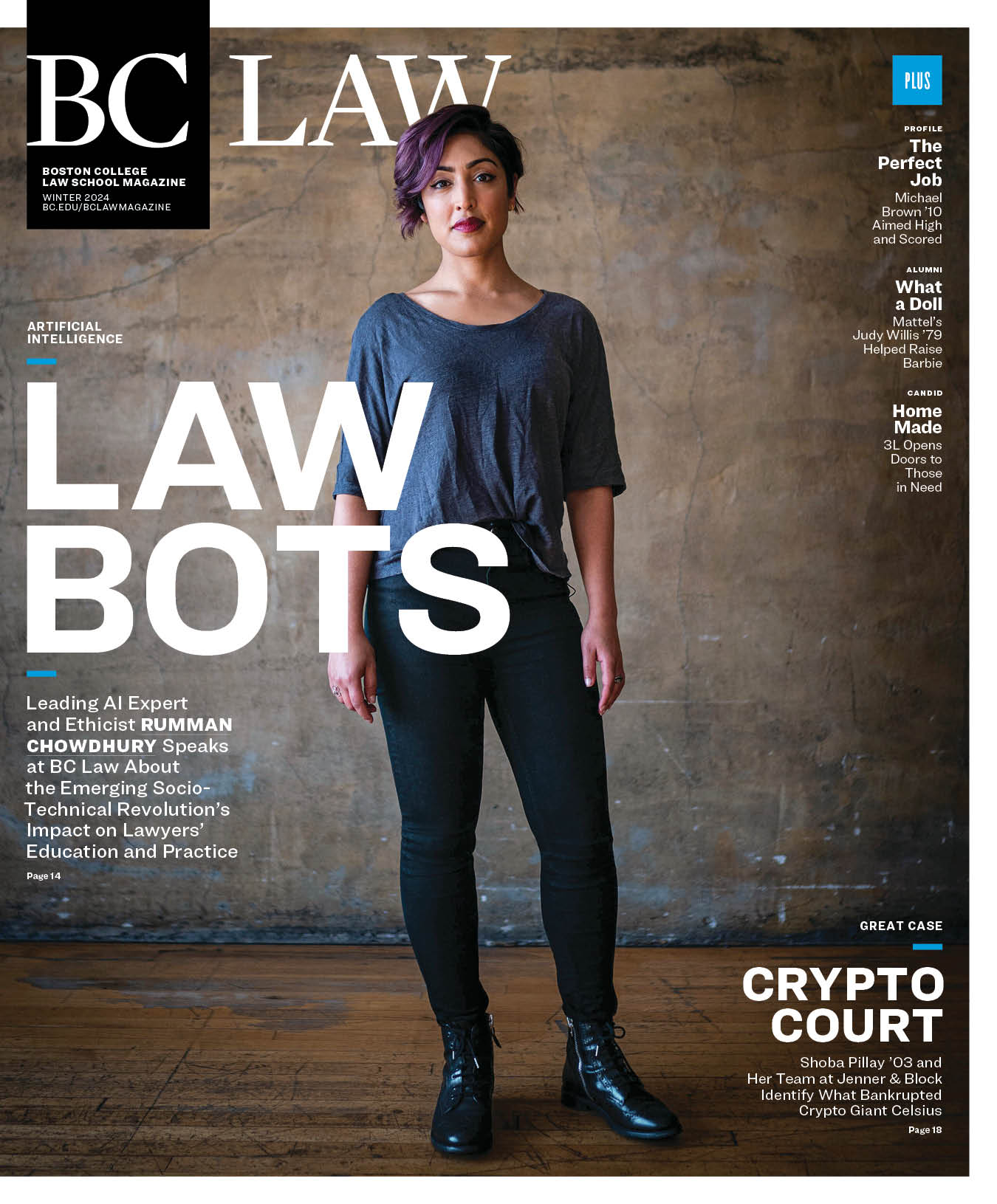Communication is, by its very nature, dynamic. Certainly, at times it settles in, hums along at a reasonably steady pace, is relied upon to present vital information from reliable sources in a timely fashion. But there are other periods when it lets go its grip on the handrails of convention and reason and churns along a different path, sometimes breaking rules and manipulating, sometimes innovating and creating new means of social interaction. Stories in this issue provide a look at some of the current churn in communication and how it affects the fundamental concepts of fact and fiction.
The biggest elephant in the room right now is, of course, artificial intelligence. The name alone implies something unreal or unnatural as in: “made or produced by human beings rather than occurring naturally.” As further defined by Oxford English Dictionary it is “software used to perform tasks or produce output previously thought to require human intelligence, esp. by using machine learning to extrapolate from large collections of data.”
Rumman Chowdhury, among TIME’s top 100 AI data scientists, took part in several discussions while at BC Law last October: She did a Q&A with Dean Odette Lienau, and later, at the Law School’s International IP Summit, was the keynoter and then a panelist. For her part, Lienau has also used her dean’s column to expand on BC Law’s effort to stay in step with AI for the betterment of faculty, students, and the profession as a whole.
A different line of communicating is also evident in the magazine in the form of personal essays by five 1Ls, who wrote what might be called the old-fashioned way, from their own hearts and heads without “machine learning to extrapolate from data” for them. Though AI may insinuate itself into admission statements in the future, this quintet of stories seems to hew to the honesty and integrity of person-to-person communication.
Yet another form of communication presents itself in an article about the new novel from Michael O’Donnell ’04. Above the Fire is fiction, which Webster’s Collegiate Dictionary defines as “something invented by the imagination or feigned specifically: an invented story.” As a debut novel, it is proudly fiction; O’Donnell has written widely for news publications so he’s celebrating this change of course into imagination.
So, there we have it: Fiction, personal essays, and AI-generated information—all authored, all contributing to the human conversation, all worth reading.
Vicki Sanders, Editor
vicki.sanders@bc.edu



